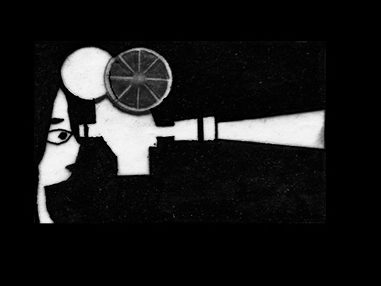Caught by the Tides by Jia Zhang-Ke.
Screened in the Official Selection at the Cannes Film Festival.
SYNOPSIS “CAUGHT BY THE TIDES”
When Bin disappears to seek his fortune in another province, Qiaoqiao decides to go in search of him.
Following the romantic fate of his lifelong heroine, Jia Zhang-ke delivers a unique cinematic epic that spans all his films and 25 years of a country in the midst of transformation.
REVIEW
Between fiction and documentary, the wandering in a China that displaces populations of over 1 million people to destroy everything for a dam.
The first images of Caught by the Tides were filmed in 2001. Other sequences were filmed throughout the following two decades, up to scenes shot in Datong in 2023.
The idea of making a film over twenty years was born during the pandemic. The director had documentary footage spanning twenty years of him and his wife, and the fiction he created allowed him to incorporate it.
How did it start?
China in the early 2000s. Qiaoqiao and Bin live a passionate but fragile love story. When Bin disappears to seek his fortune in another province, Qiaoqiao decides to go in search of him.
Following the romantic fate of his lifelong heroine, Jia Zhang-ke delivers a unique cinematic epic that spans all his films and 21 years of a country in the midst of transformation.
We feel like we are watching both a geographical and social documentary while a love story unfolds.
One seeks love, the other personal success…
With very few dialogues and a lot of poetry, the director achieves a sad and poetic fresco on the fate of the Chinese people.
It is a historical document on the upheavals experienced by the Chinese people displaced by the government’s territorial planning decisions.
About the Director JIA Zhang-Ke
In 2006, Jia Zhangke won the Golden Lion at the 63rd Venice International Film Festival with Still Life.
Jia Zhangke is a member of what is known as the sixth generation of Chinese cinema. This generation also includes directors such as Yu Lik-wai, Wang Xiaoshuai, and Wang Chao. This generation is characterized by a commitment to filming in urban environments with a desire to show the reality of contemporary Chinese society, notably “the reverse side of the Chinese economic miracle”: poverty, crime…
His work bears witness to the changes experienced by contemporary China.
Trailer


